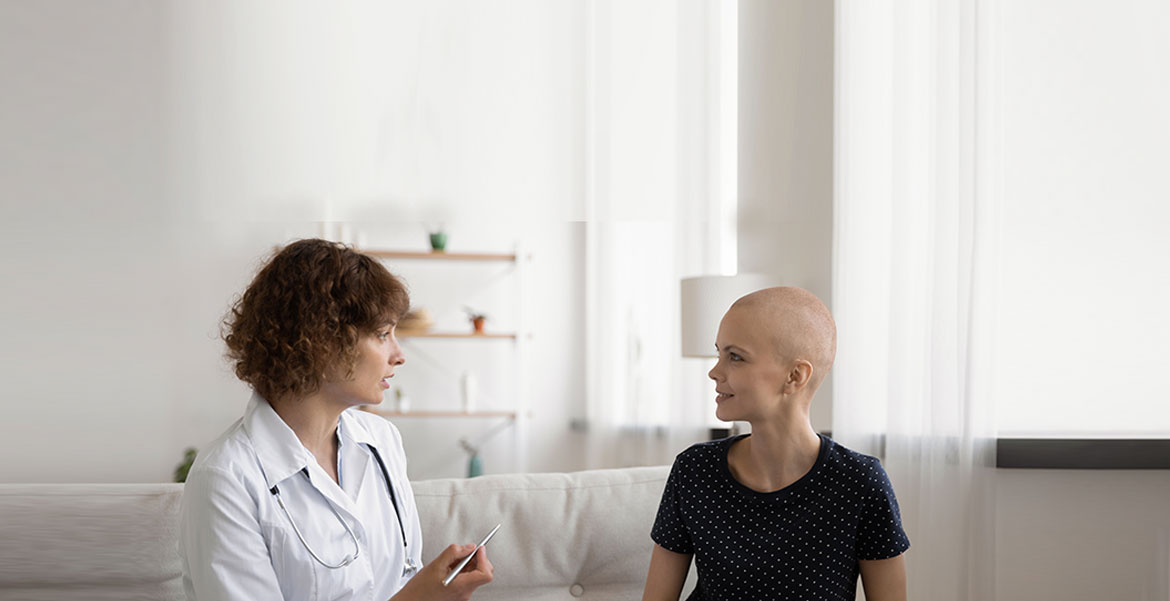Young – Adult Cancers
Cancer is not common in young adults, but a wide variety of cancer types can occur in this age group and treating these cancers can be challenging. Most cancers occur in older adults. The most common cancers in older people are cancers of the skin, lung, colon, rectum, breast and prostate. Many cancers in older adults are linked to lifestyle-related risk factors (such as smoking, being overweight or obese, or not getting enough physical activity) or other environmental factors. A small portion are strongly influenced by changes (mutations) in a person’s genes that they inherit from their parents.
The most common cancers in young adults
The types of cancers seen in young adults (ages 20 to 39) are not unique to this age group, but the most common types in this age range are largely different from those in children or older adults.
Some of the most common cancers in young adults are:
● Breast cancer
● Lymphomas (Non-Hodgkin and Hodgkin)
● Melanoma
● Sarcomas (cancers of connective tissues like muscles and bones)
● Cancers of the female genital tract (cervix and ovary)
● Thyroid cancer
● Testicular cancer
● Colorectal cancer
● Brain and Spinal Cord Tumors
Even within this age group, some of these cancers become more or less common as people age. For example, lymphomas are more common before the age of 25, whereas breast, cervical and colorectal cancers become more common after the age of 25. Many other types of cancers can occur in young adults as well.
Lifestyle-related risk factors are not thought to play much of a role in cancers in young adults. A few environmental factors, such as radiation exposure, have been linked with cancer risk in young adults. But some exposures may not be avoidable, such as if a child or teen needs radiation therapy to treat cancer.
While lifestyle-related and environmental risk factors don’t have a large effect on cancers in young adults, exposure to these risk factors during teen and young adult years can still increase a person’s risk of getting cancer as they get older. It’s important to develop and maintain healthy habits early in life, such as not smoking, staying at a healthy weight, keeping active and eating a healthy diet. Healthy habits like these can also lower your risk for many other types of health problems later on.
Screening is testing for a disease such as cancer in people who don’t have any symptoms. Screening for some types of cancers, such as cervical and colorectal cancer, can actually help find some pre-cancer changes before they have a chance to become cancers.
Some vaccines might lower a person’s risk of getting cancer. For instance, vaccines can help prevent infection with HPV (human papillomavirus), the group of viruses linked to cervical and some other cancers. These vaccines work best if they are given at a younger age and are recommended to be given to children between age 9 and 12.
https://www.cancer.net/cancer-types/colorectal-cancer/risk-factors-and-prevention
Tags: Adult cancer, breast cancer, lymphoma, leukemia, cancer prevention, Lifestyle, cancer patients, cancer survivor, cancer screening, Melanoma, Thyroid cancer, cancer risk factors, cancer, young adult cancers, lymphoma, cervical cancer, lifestyle, environment









